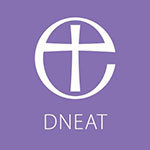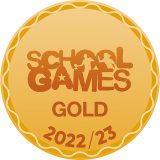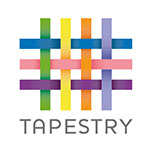Our Humanities curriculum is interesting and current with the intention of developing a wealth of knowledge which will prepare children for future learning. The sequenced curricular framework supports teachers at all stages of their career to organise, teach and test that knowledge systematically.
In Key Stage Two, we believe that once children can decode phonics, a crucial factor in building reading fluency is broad knowledge across several subject domains. The absence of such knowledge is a key cause of the disadvantage gap. Without a subject-specific approach, children miss major layers of knowledge that help to make other knowledge and its vocabulary make sense. Pupils need rich, diverse, systematic and thorough knowledge if they are to interpret common but challenging words such as ‘paradise’, ‘republic’, ‘glacier’, ‘official’ or ‘throne’.
Knowledge is ‘sticky’ and this gives it a wonderfully powerful effect. The more pupils are secure in various reference points, the more they recognise words, put things together, make links, draw implicit comparisons, notice changes in meanings and so on. So, whenever we are thorough in making sure pupils really know the stories and concepts, we are giving them frameworks that make the assimilation of further knowledge, with all its vocabulary, much more likely.
History
At Kessingland Church of England Primary Academy, we believe that high-quality History lessons inspire children to want to know more about the past and to think and act as historians. Children have opportunities to investigate and interpret the past, understand chronology, build an overview of Britain’s past as well as that of the wider world, and to be able to communicate historically.
In Early Years, pupils learn about their own History and talk about important events in their own life. In Key Stage One, the curriculum begins with pupils focussing on their locality, recent historical events and use of their own experiences to develop an understanding of the world around them, preparing them for KS2 where we expose pupils to the wider world in which we live.
Throughout Key Stage One and Two, pupils develop their chronological understanding, learn knowledge and understanding and have opportunities for historical interpretation and enquiry.
Visits and visitors from the local area (e.g. Time and Tide, History off the Page) enrich the children’s experiences bring History to life.
Geography
At Kessingland Church of England Primary Academy, we aim for a high quality Geography curriculum which should inspire in pupils a curiosity and fascination about the world and its people.
Our teaching equips pupils about locational, place and Human and Physical Knowledge. We also want children to develop geographical skills and fieldwork: collecting and analysing data; using maps, globes, aerial photographs and digital mapping to name and identify countries, continents and oceans; and communicating information in a variety of ways.
We want children to enjoy and love learning about Geography by gaining this knowledge and skills, not just through experiences in the classroom, but also with the use of fieldwork and educational visits. Where possible we make use of locations and features in the local area.
In Key Stage One, pupils learn about their local Geography including the main Capital Cities and identify the five countries of the British Isles. In Key Stage Two, pupils learn about Oceans and Continents of the world.












